ANNEX VI MARPOL: PREVENTION AGAINST AIR POLLUTION & MARPOL V GARBAGE MANAGEMENT PLAN (GMP) ON A SHIP
ANNEX VI MARPOL: Prevention against air pollution & marpol v garbage management plan (gmp) on…
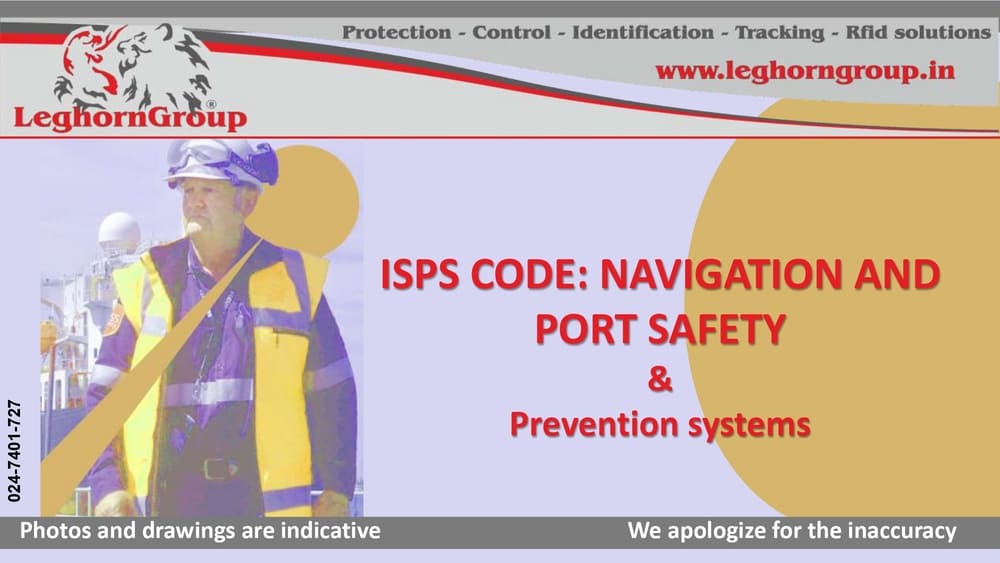
Ports, often located near cities, assume an essential role in the logistic transport system, insofar as they allow the connection between the maritime and land routes of commerce and passenger traffic. The impact of ordinary and exceptional threats for port security is particularly relevant and it can be seen from the fact that :
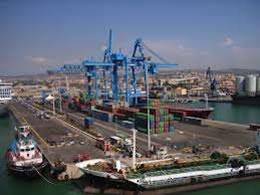
• The high trafficking of goods, vehicles and people involved in the maritime chain; Just think of the high number of containers that are daily produced in commercial and industrial ports or the high number of passengers who pass through tourist ports by their means of transport during summer;
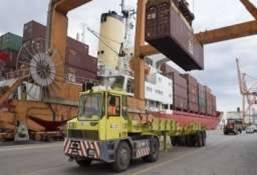
•The different procedures of international transport of goods from the source to the destination with the interoperability regulatory structured according to whether the transport is by rail, by road, by river, by sea or by plane.

• Potential conflicts of jurisdiction due to the presence, in the port area, of institutional representatives that aren’t devoted to public safety such as : Port Authority, Italian finance police, Border Police, State Police, Customs, Fire authorities, Possible Private Security Firms;
•The high number of players that work in the port area : road transport companies, shipping companies, logistic companies, enterprises that work for the port facilities security, tourists; The participation of public and private players who support the economic weight of a port security project

At the European level, the relevant legislation is the Directive 725/2004 EU which is based on the international one, that is in Chapter XI-2 of the SOLAS Convention (International Convention for Safety of life at Sea) and on the ISP Code (International Ship and Port Facility Security Code).
In Italy, the Port Security is based on the government functions of the CISM (International Committee on Safe Seas and Ports) which has the assignment to elaborate a national program against terrorist acts turned to the maritime sector and to establish the safety level as laid down by IMO (International Maritime Organization).
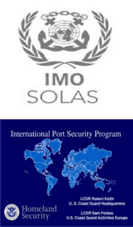
The International Maritime Organisation In December 2002, little more than a year from the New York attack, the IMO in London issued the ISPS Code, pushed by an extreme pressure of the United States.
The mandatory provisions are indispensable to the improvement of maritime security, providing for a set of active and passive security measures based on three security levels (normal, increased, high), the implementation of which is being linked to a risk assessment
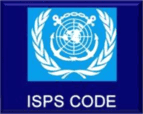
All the Port Areas (TERMINALS) must be equipped with control systems against any terrorist attack. These must monitor the entry and exit of any person, product and means of transport.



All the amateur companies and all the ships over 500 tonnes are subject to ISPS.
THEREFORE:The strategic places of the ship must be sealed in order to check possible transition of unauthorised people. Especially for: UNAUTHORISED TRANSITIONS

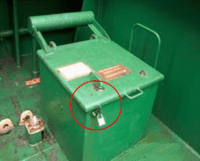

This law involves the obligation to use seals and security labels. As regards the passengers ships, IDENTIFICATION WRISTBANDS are mandatory for the screening of passengers. Great attention has also be given to RFID BADGE.
This law involves the obligation to use seals and security labels. As regards the passengers ships, IDENTIFICATION WRISTBANDS are mandatory for the screening of passengers.




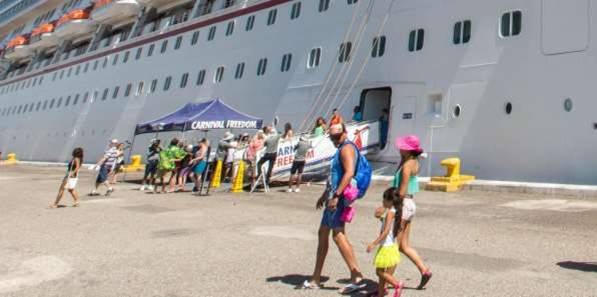
We can customize and number progressively
© 2024 LeghornGroup IT Team 7401-A727
This Post Has 0 Comments